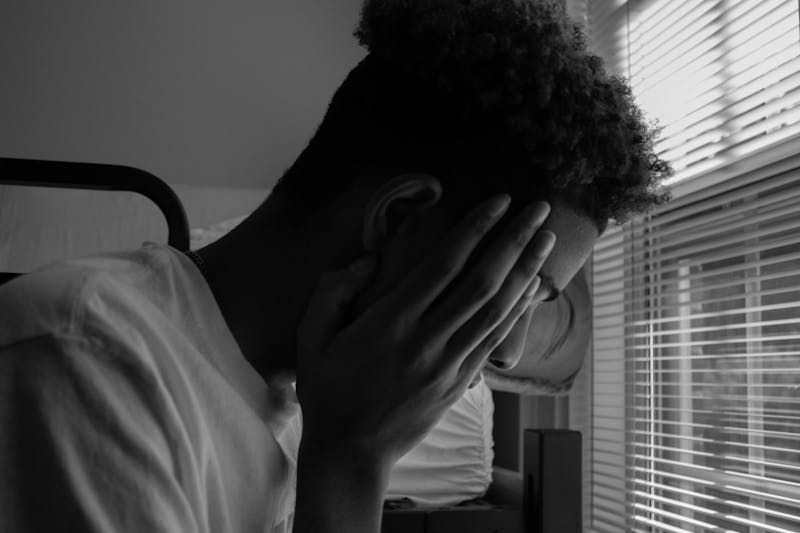The Heels Care Network at UNC hosted its “Mental Health, Spirituality and Faith: How Do They Connect?” event on Monday — the first in a series of mental health seminars that will be held this semester.
The Heels Care Network is a University platform that seeks to help UNC students find resources including therapists, peer support and free guides about managing mental health in college. The University launched it last month.
Amy Johnson, vice chancellor for student affairs, said that the creation of the network and the ongoing mental health seminar series was inspired by student feedback gathered during the UNC Mental Health Summit on Nov. 15.
“There was really a strong desire to continue the conversation and to make sure that we did not treat this issue of mental health through the summit as a one-time-only event,” she said. “We wanted to think of it more as an ongoing dialogue and conversation.”
Johnson said that the series of mental health seminars will tackle a different topic to keep the community mental health conversation going.
The panel for the first seminar in the series included Licensed Clinical Social Worker and Master of Divinity Elizabeth Harrison, Senior Jewish Educator for UNC Hillel Rabbi Melissa Simon, UNC Muslim Students Association Leader Imam Abdul Waheed, Associate Rector for University Ministry Rev. Mary Cat Young and Campus Minister for Reformed University Fellowship Simon Stokes — all of whom are members of religious and/or spiritual organizations at the University.
Clinical assistant professor Karon Johnson served as the faculty presenter during the virtual seminar, fielding questions from students after panelists had finished speaking.
“We heard from students that there needs to be an active, preventative and attuned approach to working with students and supporting students throughout their time at Carolina, and also faculty and staff, rather than a reactive one,” Johnson said. “So I love the fact that this will be a way for that to happen.”
During Monday’s seminar, campus religious leaders spoke about the intersection of spirituality and mental health, considering the positive and negative effects of religious belief on students.
Simon spoke of the difficulties of being part of a small religious minority in the U.S.
“Mental health struggles, whether they’re lifelong struggles or short-term struggles, exist in every Jewish community,” Simon said. “The people who struggle with mental illness are part of our community, and we see them and we appreciate what they bring to our community, and we strive to be better about supporting them.”
Harrison, who is a licensed clinical social worker, spoke about helping Christian students to establish healthy emotional boundaries within the framework of their faith.
“Someone might not even know that they need help, or how to ask for it or how to get it safely,” Harrison said. “So I really enjoy working on boundaries with people, helping them understand that it’s okay to have limits — that God, on the seventh day, rested, and you can rest.”
At the end of the meeting, students had the opportunity to ask the panelists questions about religion, spiritual practice and mental health.
According to Johnson, upcoming virtual seminars will share the same format, allowing students to connect with different experts across disciplines that intersect with mental health.
“Participating in these sorts of seminars opens the eyes of participants: they’re not alone, there are other people who have these questions, and some people may even have answers for them,” Johnson said.
The panelists also suggested further reading and listening for students who are religious and who may be experiencing mental health issues, including “Set Boundaries, Find Peace” by Nedra Tawwab, “This Too Shall Last” by K.J. Ramsey and Kelly Kapic, and the podcast “The Place We Find Ourselves.”
The subject of next month’s seminar has yet to be announced by the Heels Care Network, but it will once again be free for all interested students. Participants can RSVP through the Network’s website.
“All of the things that we are doing through the Mental Health Summit, with the seminars and through the Heels Care Network are ways for us to extend the culture of compassion and care at the University,” Johnson said.
To get the day’s news and headlines in your inbox each morning, sign up for our email newsletters.








